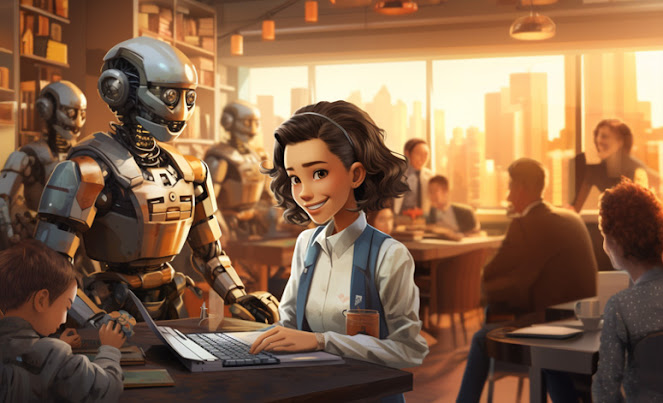Cutting Through the Hype Cycle: How to Ignore AI Hyperbole on Either Side and Get Straight to Productivity

In November 2022, Generative AI burst onto the scene with a debut unlike any other in tech. It gained 100 million registered users in less than two months , making it the fastest adoption of a consumer product in human history. Today, ChatGPT has about 100 millon weekly users . Its rise to widespread user adoption promised a new era of technological democratization. Investors enthusiastically injected billions into startups, each poised to ride the wave of innovation with different AI services, from talking to your PDF files to automating the creation of presentations. Generative AI's debut on main street sent one clear message: cutting-edge technology was no longer the sole domain of high-end research labs or multi-billion-dollar corporations. It symbolized empowerment of the individual. The top-tier Large Language Models (LLMs) you and I and every individual worldwide with an internet connection suddenly had access were the same tools available to the CIA, NSA or any high-lev...



